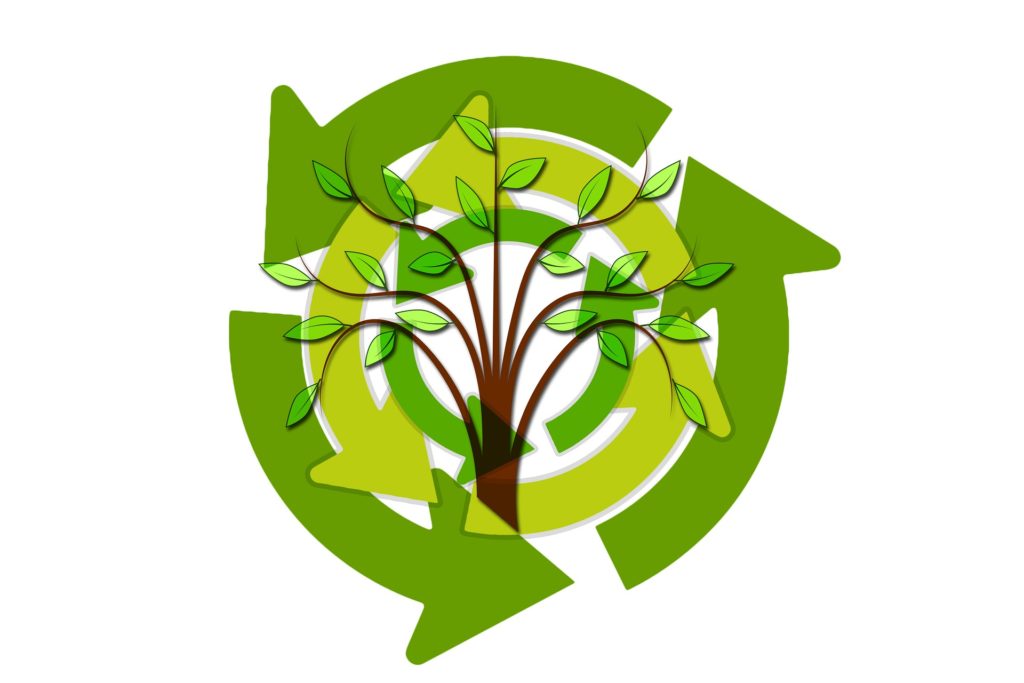With the ever-growing use of pharmaceutical products, it is no surprise that there is a drastic increase in pharmaceutical pollution all over the globe. From the time the manufacturing process begins to the point where these products are consumed and enter water bodies, every stage poses a direct threat to the environment. Pharmaceutical active compounds are disposed into water streams directly from the industries or indirectly via excretion after consumption of medicines and drugs.
Some of these pharmaceutical effluents like citalopram, naproxen, and ibuprofen contain traces of radioactive elements and are non-biodegradable. They adversely affect marine life, human health, and the delicate balance of the ecosystem. The time has arrived to take serious measures and spread environmental awareness about the detrimental effects caused by the pharmaceutical industry. Environmental management systems should be adopted by countries to ensure that their pharmaceutical waste is handled properly.
This way, industries can follow internationally recognized standards and reduce waste. Let’s discuss how pharmaceutical industries can play their part in promoting safer practices for the environment. The first thing is to try and recycle materials during manufacturing wherever possible. They can also opt for simpler and more eco-friendly packaging instead of single-use plastics. This will reduce the overall use of non-biodegradable items within the industry and lessen their carbon footprint on the planet.
Moreover, the most ideal way to tackle pharmaceutical waste is to discard it properly. For the pharmaceutical industry, it is best to dispose of it via high-temperature incineration to spread environmental awareness. This must be performed in a controlled environment that has safety regulations in place to avoid the release of toxins into the atmosphere via catalytic converters etc. Manufacturers must also ensure that none of their waste is being disposed of into water bodies at any cost.
Now coming to the people who consume pharmaceutical goods like medicines and goods. If anyone wants to dispose of expired or unused medicines, it is best to return the products to the manufacturers. They will know how to deal with them properly. Make sure that these products are not entering water streams unnecessarily. If that is not possible, then discard the products in highly engineered sanitary landfills designed to protect water bodies from getting polluted. Regardless of whichever method you choose, make sure it has the least possible harmful effect on the environment possible. Conserving our planet is the topmost priority and we must all contribute to it efficiently to bring about change.
References:
https://usgreentechnology.com/the-environmental-impact-of-the-ph armaceutical-industry/
https://www.fda.gov/drugs/safe-disposal-medicines/disposal-unuse d-medicines-what-you-should-know
https://www.who.int/water_sanitation_health/medicalwaste/unwant pharm.pdf









